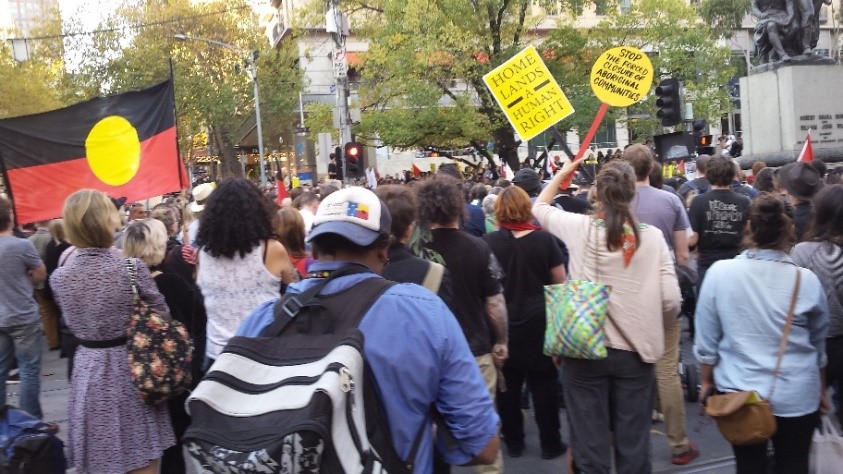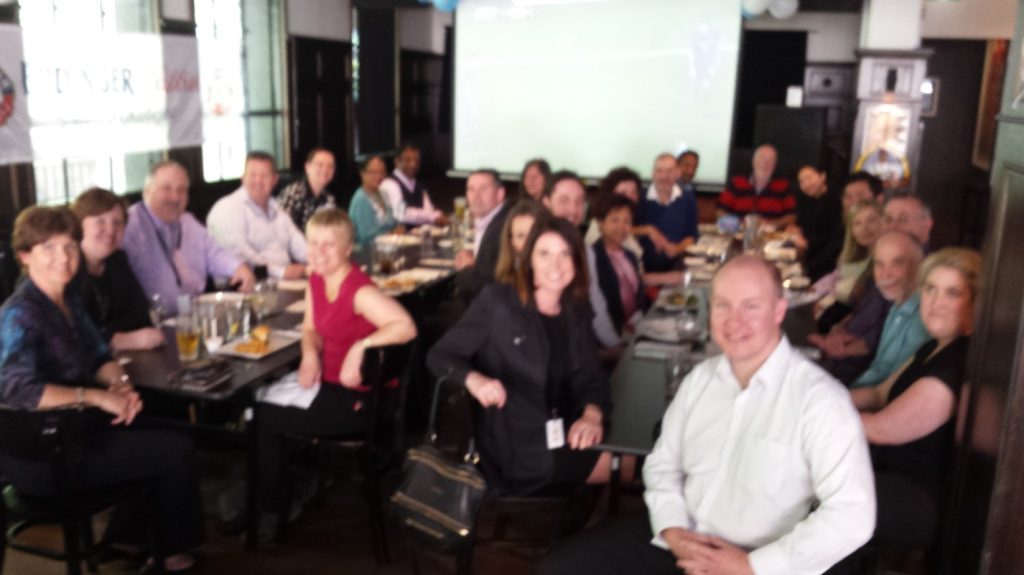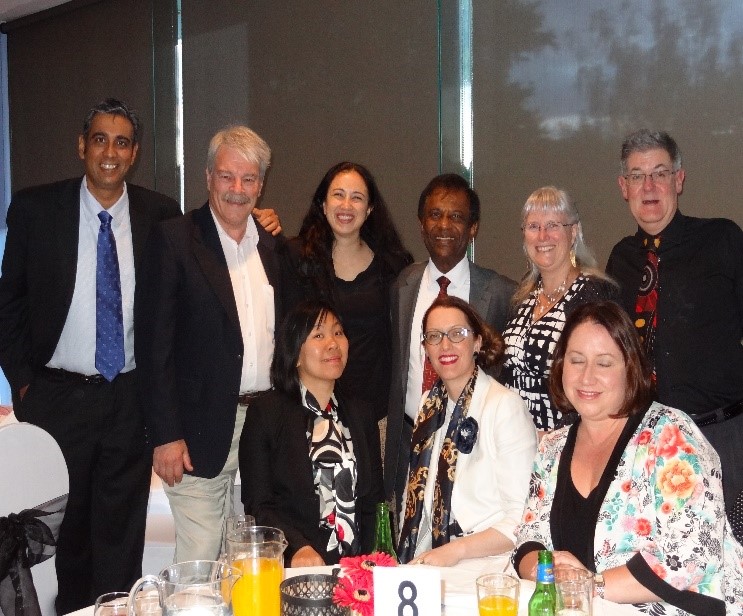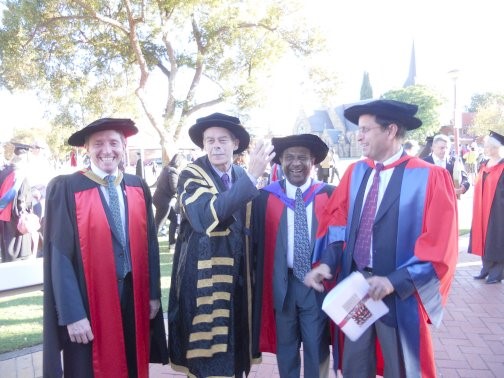About


I am also a firm believer that the advancements of science, technology and arts, and improvements in efficiency, productivity and competitiveness need to be used for the benefit of the whole humanity and the planet, and not for their destruction.

MY LIFE PURPOSE
By strongly, positively, gratefully, trustingly and passionately inspiring my fellow travellers to achieve
their best in an environment safe as possible towards changing the world for the better so as to bring
joy, happiness and peace to the planet
by making communities and individuals
more understanding, compassionate, accommodative and respectful towards each other.
BACKGROUND
My background is general and underpinned by my knowledge and competencies based on mechanical, electrical and industrial engineering, information technology, physics, chemistry and mathematics; marketing, continuous improvement, quality management, economics and organisational management; English, Sinhala, French and German languages etc.
This base is strengthened with other skills as and when necessary, depending on the project I need to handle. In that context, I have gathered many technological competencies of interpersonal communication and relationships in plural societies.
My real-life experiences are based on and involve all those aspects in addition to entrepreneurship, and a rights-based approach to political and social activism.

OTHER
Travelling, gardening, reading, composing, singing and staying silent or concentrated have been some of my past time hobbies. I have used my free time to create arts that I think would be valuable, though it will not help generate an income for my survival.
My Approach to Problem Solving
My Approach to Problem Solving
As a professional Industrial Engineer, I was trained not only to solve technical and technological issues, but also to address issues that involve humans. There are widely varying schools of thought on problem-solving such as the inductive methods of Francis Bacon and the meditative methods of the Buddha. Problem-solving approaches are associated with techniques that are used for understanding problems better and developing optimal solutions for addressing them. The solutions need to empower those affected to devise innovative approaches by contributing to overcome the old ways of thinking.
Four basic approaches for problem-solving can be characterised as system centric, problem centric, solution centric and solver centric. I prefer the system-centric approach as it provides a holistic way of addressing the issues concerned. The other three approaches would, from my point of view, lead to erratic solutions that may not be acceptable to all sides involved in the conflicting situation.
This highlights the need for consultation and inclusion of all parties associated with the problem. Excluding any party from the consultative process can ruin the expected outcome. What many leaders believe is that problem solving simply involves technical skills. It is not. Technical skills unless integrated with effective consultative and inclusive processes will most probably lead to lop-sided and non-optimal outcomes. If integrated and inclusive as required, then professional technical expertise can become a competitive advantage in addressing such issues.